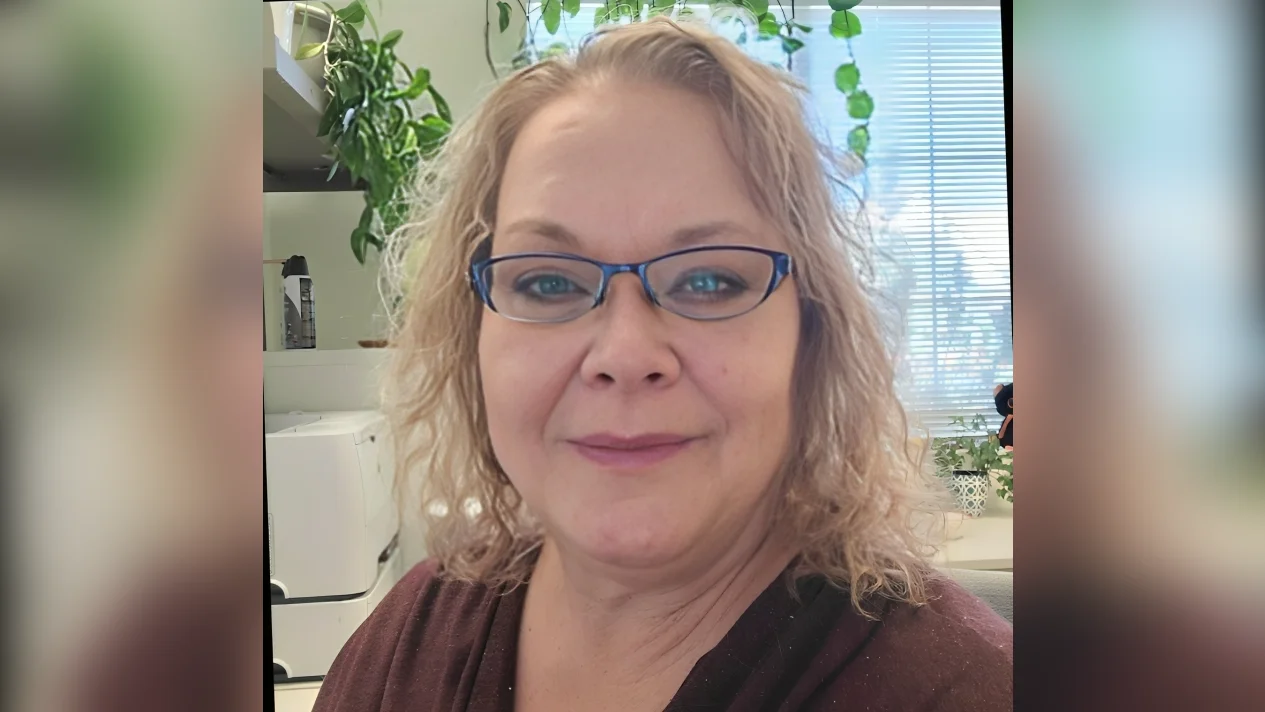Aspiring engineers must be cautious about the type of experience they gain while working towards licensure. Not all positions in engineering-related industries provide the necessary experience for becoming a licensed professional engineer.
Gaining relevant experience is crucial, as some jobs better prepare candidates for licensure by requiring them to apply engineering principles and concepts. Positions that encourage independent application of engineering knowledge, skills, and abilities are ideal.
Conversely, certain roles do not offer adequate experience for licensure. Jobs that require minimal engineering judgment may not provide the needed qualifications. Positions such as technical product sales, permit processors, construction inspectors/materials testers, construction cost estimators, and procurement/contracting engineers might limit graduates from gaining essential engineering experience.
Permit processor roles are often prescriptive and mainly involve reviewing other engineers' work. First-time job seekers in these positions should expand their duties to acquire the necessary experience for future responsibilities in engineering.
Similarly, construction inspector/materials inspector jobs offer limited opportunities to practice independent engineering judgment. Understanding test nuances beyond performing tasks like soil compaction tests is vital for accurate documentation and results analysis.
Engineers must proactively manage their careers by seeking greater responsibilities if current roles do not provide sufficient licensure-qualifying experiences. Discussions with supervisors or considering job changes can facilitate skill growth and necessary experiential gains.
In cases where supervision under a licensed engineer is unattainable within an organization lacking such professionals, finding an external mentor or engineer is advisable. Mentorship can substitute formal supervision requirements in exceptional circumstances with board approval.
Experience descriptions should clearly articulate applied engineering principles and progressive responsibility assumptions to demonstrate readiness for independent practice as a licensed professional engineer responsible for one's work outcomes.
Ultimately, it is each individual's responsibility to ensure their experiences qualify them to assume responsible charge of engineering projects confidently.


